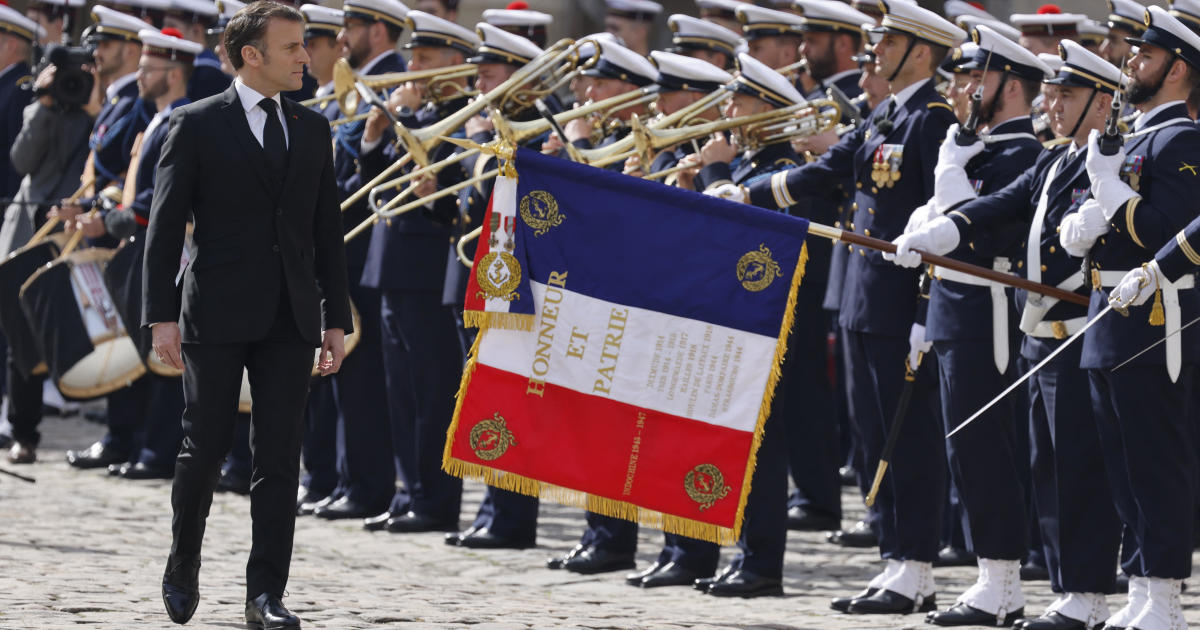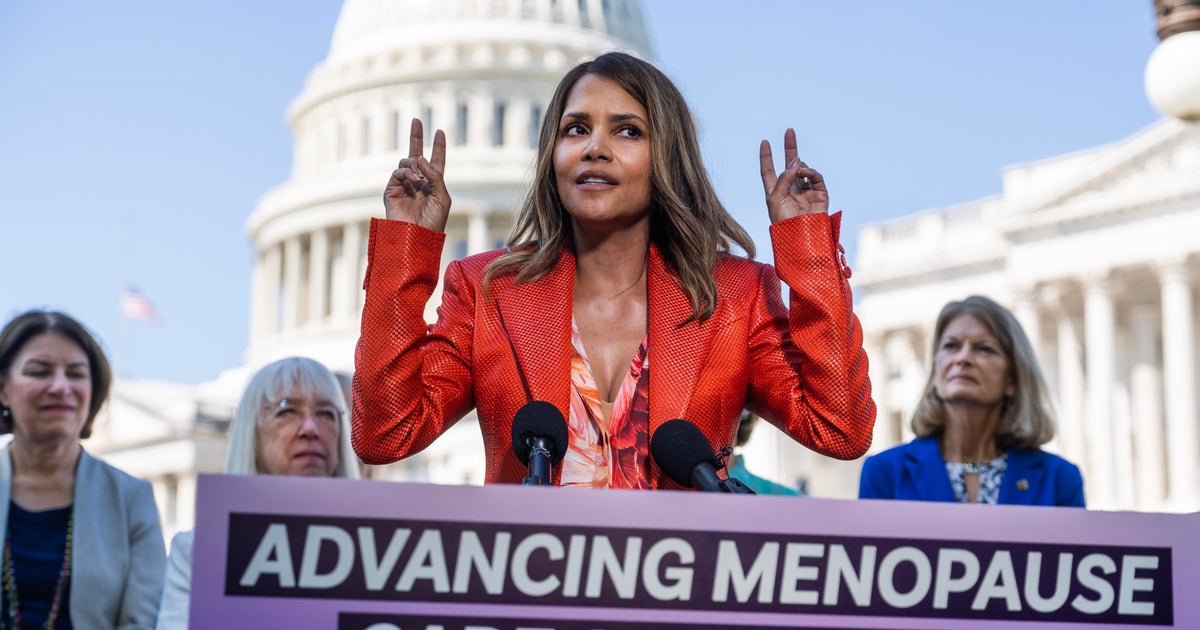McConnell says "Moscow Mitch" nickname is "modern-day McCarthyism"
Senate Majority Leader Mitch McConnell says the nickname critics use to taunt him — "Moscow Mitch" — is a form of "modern-day McCarthyism." The nickname has been following McConnell for months after the Kentucky Republican blocked bills to protect America's elections from foreign interference.
"It's modern-day McCarthyism," McConnell said Tuesday in an interview with conservative radio host Hugh Hewitt. "Unbelievable for a Cold Warrior like me who spent a career standing up to the Russians to be given a moniker like that. It's an effort to smear me."
But McConnell said he was fine with another nickname — "Grim Reaper."
"You know, I can laugh about things like the Grim Reaper, but calling me Moscow Mitch is over the top," he said.
McConnell gave the "Grim Reaper" nickname to himself, when he said earlier this year that he would kill progressive proposals like the Green New Deal and Medicare for All in the Senate.
"If I'm still the majority leader of the Senate after next year, none of those things are going to pass the Senate," McConnell said at a Kentucky event in April. "They won't even be voted on. So think of me as the Grim Reaper: the guy who is going to make sure that socialism doesn't land on the president's desk."
"Moscow Mitch," meanwhile, was first used by MSNBC host Joe Scarborough to mock McConnell for thwarting election security efforts. Since then, protesters have chanted it in McConnell's home state, Ben Folds wrote a song about it and even House Speaker Nancy Pelosi recently called him "Moscow Mitch."
The "Moscow Mitch" moniker has clearly gotten under McConnell's skin, as he decried it during a Senate floor address in July, when he also called it "McCarthyism."
McConnell over the summer blocked two House-approved measures to protect elections, despite warnings that Russia intends to meddle in the 2020 race. One bill would have set aside $775 million for state election security and require paper ballot to avoid digital disruptions. Another would have required candidates, their family and campaign staff to tell federal authorities if they are offered help from a foreign government — something President Trump said he'd be ready to accept.
Weeks before the 2016 election, McConnell refused to join a bipartisan statement warning about Russia's election interference after he had been briefed on it.
Robert Mueller's special counsel investigation determined that the Russian government coordinated a massive cyber campaign to meddle in the 2016 election and support the Trump campaign. Mueller said in congressional testimony that Russia was attacking the 2020 election "as we sit here."



